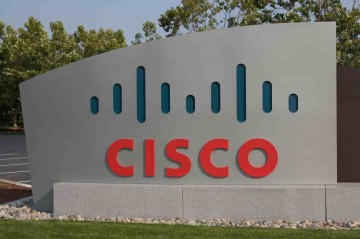 Beancounters at Forrester found that post-Brexit regulatory red tape prevents UK-based cities from being ranked as a top skill cluster in Europe.
Beancounters at Forrester found that post-Brexit regulatory red tape prevents UK-based cities from being ranked as a top skill cluster in Europe.
The top 10 metropolitan areas with the best skills and talent clusters across Europe are Helsinki, Stockholm, Copenhagen, Berlin, Hamburg, Oslo, Munich, Vienna, Zurich, and Amsterdam.
Forrester said that these metropolitan areas are globally integrated, home to innovative businesses, and have a digitally advanced infrastructure to attract and accommodate the concentration of skills and talents of the future.
However, London, which is often known as Europe’s tech hub, was ranked 19th due to stringent immigration rules post-Brexit. Forrester noted that post-Brexit, the labour movement in the UK is restricted, resulting in London, Manchester, and Birmingham sliding in rankings.


















